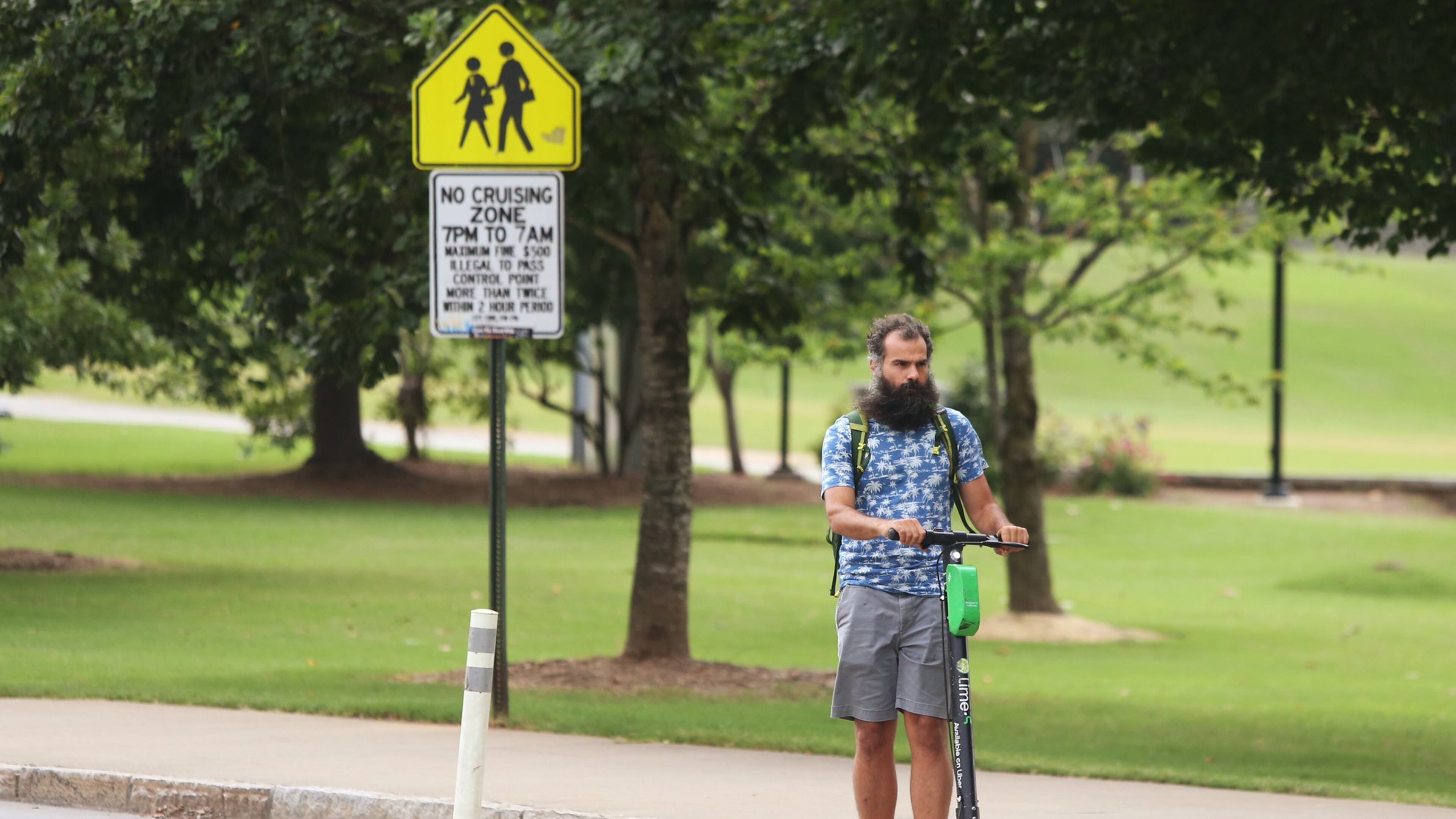Opinion: Scooters’ micromobility needs to move at right speed

In recent weeks we’ve seen critics take issue with Atlanta Mayor Keisha Lance Bottoms’ moratorium on new permits for e-scooter operators. They’ve posited that Mayor Bottoms should instead work to properly integrate e-scooters and micromobility services into the city’s existing transportation grid.
While I agree Atlanta’s leaders should increase investment in the city’s infrastructure to better ensure safety for all transportation modalities, including bicycles and skateboards, one thing is clear: Mayor Bottoms made the right decision.
Thanks to Mayor Bottoms’ leadership, Atlanta has cultivated one of the strongest micromobility fleets in the nation, serving tens of thousands of residents and visitors every week in neighborhoods throughout the city. While the popularity of e-scooters has skyrocketed in Atlanta, public education for e-scooter users and other lightweight individual transportation (or LIT) commuters has not kept pace.
A temporary moratorium strikes the right balance of preserving access to service while providing the city an opportunity to review what’s worked, what hasn’t, and how to plan for the long term. Mayor Bottoms is spot-on for addressing this issue by working with e-scooter providers “to explore innovative solutions to ease existing commuting strains,” which any commuter in Atlanta can attest are very real.
To be clear, access to micromobility services is crucial for cities around the globe, and especially true for cities like Atlanta. E-scooters are more convenient and affordable than the approximately $8,558 per year it costs to own and maintain a car. For hard-working Atlantans, e-scooters have become a welcome alternative to car use and the perfect complement to traditional transit. Scooters are available in places where there are ever-growing, but still limited mass transit access points to the MARTA bus or train stops. Where I work at Lime, we offer Lime Access, a nationwide discount program for anyone receiving state or federal financial assistance. Put simply, scooters fill the gaps in the existing transit network and work hand-in-hand to get people where they need to go.
For this global shift toward micromobility to continue, we need thoughtful approaches that will make sure Atlantans’ concerns are addressed and that micromobility services are right-sized for what the city’s neighborhoods can handle. The mayor’s measured and thoughtful moratorium on new scooter permits in Atlanta is a step in the right direction, aiming to better organize the program while keeping service intact.
Lime is also taking proactive steps to address safety concerns. In early August, we rolled out a new feature in Atlanta to require riders looking to use a scooter late at night to go through additional steps to affirm they are not inebriated and are okay to ride. Safety is everyone’s responsibility — riders, drivers, and operators alike, but we will always look for new ways to build safety into our riders’ habits.
Taking the time to do things right must be a priority in Atlanta. Over the long term, properly integrating micromobility will only benefit the city and its vision for a sustainable transportation ecosystem. But right now, city leaders and scooter providers need to make sure micromobility services and the city grow together in the right way. Mayor Bottoms’ approach accomplishes just that, and will help ensure the long-term sustainability of the program.
Nima Daivari is the Atlanta community affairs manager for Lime.


